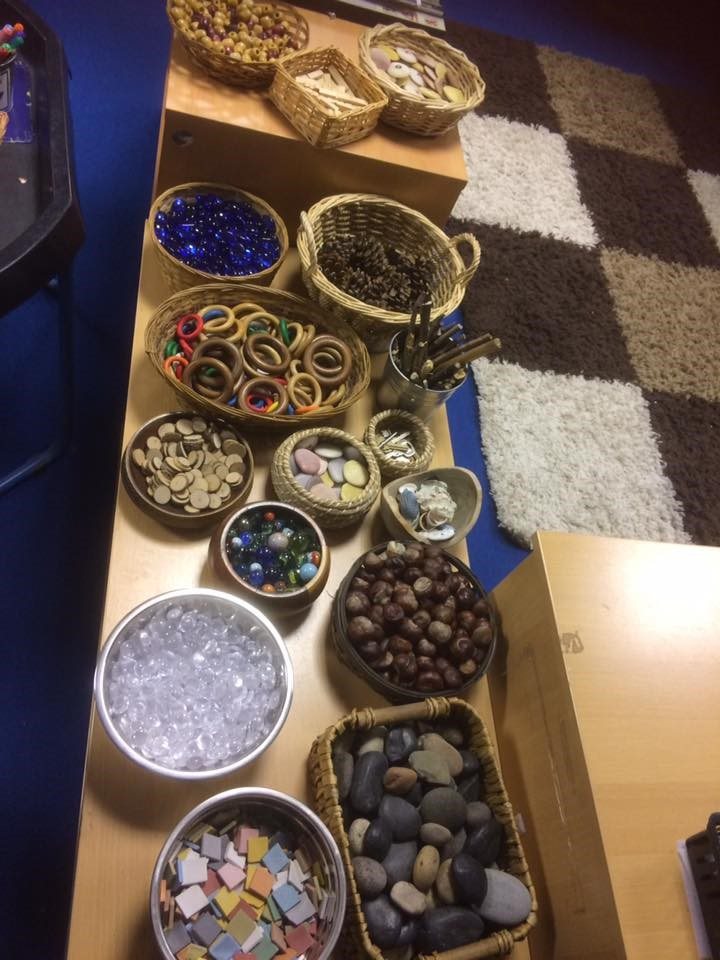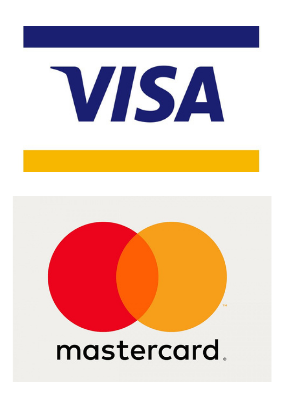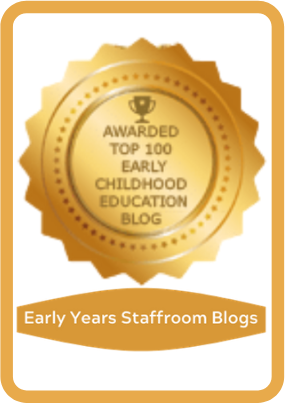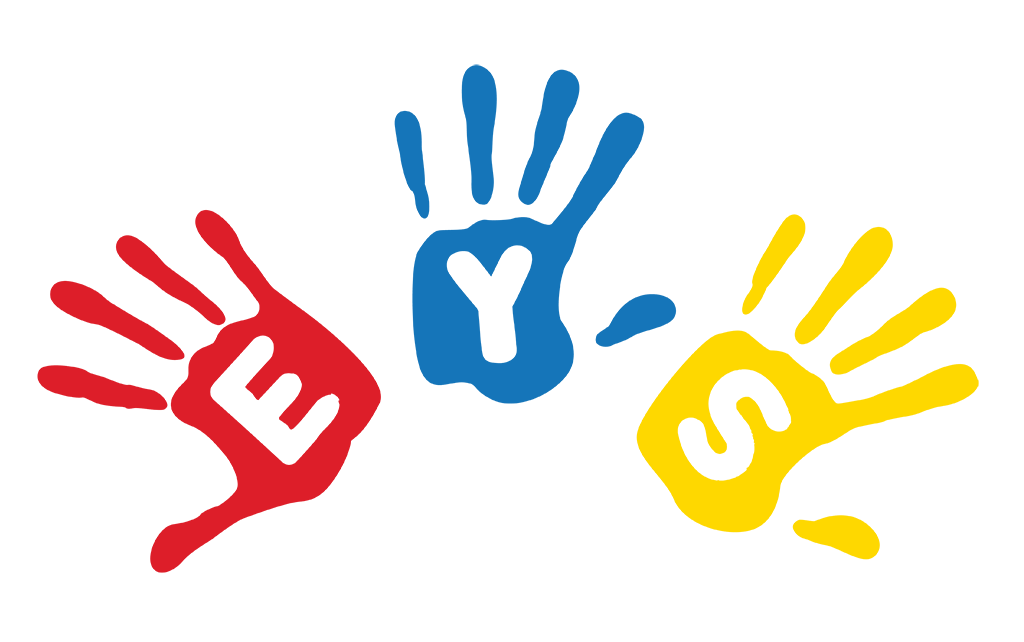You may be thinking that is a strange question and the answer is obviously yes! We are teachers after all; however, what do we mean when we say ‘teach’? And what is the best way to teach maths in Early Years to children? Is it direct group teaching, whole class teaching, objective-led planning, facilitating play, or learning independently through a well-planned environment, the third teacher according to Reggio Emilia?
Covering the objectives for maths
Play in continuous provision is important in teaching and consolidating maths. Many of the maths objectives within development matters can only be developed during free play such as ‘uses some number names and language spontaneously’, ‘uses some number names accurately in play’, ‘shows curiosity’, ‘shows interest’, and ‘plays with shapes.’ Children also need to show that they are secure in their targets by displaying them in play: these are the quality observations that show real evidence that children are secure in certain objectives.
Is soley direct teaching limiting learning?
A recent study by psychologists from the University of Colorado and the University of Denver found that structured activities can inhibit children from achieving their end goal, making decisions, and regulating their behaviour. It is important that a focus on standards doesn’t limit expectations; children can far exceed these expectations when they are given the chance to learn through play. And what happens when you take children away to do an activity? It takes half an hour to get into quality play, so every time they are interrupted it wastes valuable learning time. Just think how long it takes for you to get back into writing reports if you are interrupted!?
What can the environment teach in maths and how can adults facilitate learning?
Time
Measure how long running races or car racing through guttering takes: estimate then check; will a sand timer work? Model using stop clocks. Ask children for the time. When discussing the daily routine, talk about the times that things will happen. Bring it into everyday practice.
Money
The best way to learn about money is to use it in a purposeful way. You can use a role play shop, rolling snack till, or impromptu shop. A permanent shop area in every class is perfect for children because they can use it independently when you are directly teaching a small group, for example. This can be kept fresh by changing it to a Tesco’s, Garden Centre, Cinema etc. where children must buy things using money. It may take a little modelling for children, but once they see how it works, they will replicate and learn through their play. If children are practising using money each day (e.g., buying a snack), the learning will become embedded.
Shape
A great way to learn about shapes is through sorting activities. And again, if children do this purposefully every day, they will learn much more deeply. For example, in your junk modelling area, you may have a box for cubes, cylinders, pyramids, and spheres so that children can regularly practise using these shapes.
Weight and Measure
Keep a ruler handy to model measuring and have a one-metre string in your pocket to model measuring outside during building and construction: large scales outside, small balance scales inside for children to explore. Self-service play dough stations and cooking areas can work well. We have some great recipes that children can follow independently.
Problem Solving & Reasoning and Pattern
The current trend for loose parts is not only amazing for helping children to develop creativity, problem-solving and reasoning skills, but it is also perfect for developing and embedding pattern creating. Construction is another area where children can learn these undervalued skills.
Mathematical Language
Lots of language needs to be modelled by adults, and it is so much more effective if it’s during play. This is because the experiences are authentic. See words in the environment for adults to remember words to bring in purposefully. You don’t need to have an activity to learn positional language. For example, you can bring it in with objective-led planning (see our objective led planning documents).
Statistics
Create a year-round weather chart and have the children take the temperature every day and record it. Use bar graphs to measure how much of a particular food has been eaten at snack time. This could be done on a daily basis so that after a while, children can do this independently.
Fractions
At snack time ask children to share things by cutting them in half. There are lots of areas in an Early Years setting where fractions can be brought in, for example, the home corner and creative area.
Guided Group Work
Number in maths needs to be taught in an adult-led activity. How many children do you see going up to a number line and choosing to guess or sort the numbers? However, this doesn’t have to be whole class and it doesn’t need to be in ability groups. It can be a short 10-minute burst of input in small mixed groups. With this is mind we devised the Early Years Staffroom Guided Maths Program designed to be adult-led, 10-20 minutes at the beginning or end of a long uninterrupted play session. This guided maths planning is practical, extremely fun, and sometimes messy. It covers 22-36 months up to Year 1, so that children who are ready to move on can still learn the skills from Year 1 in a fun and practical way. Don’t forget to add number into the environment too so that children can practise what they have learnt. There are some great mud kitchen recipes to support this in the resources section where children can practise number recognition, one-to-one correspondence, 1 more 1 less, and much more see our Maths resources here.
High-Quality Early Years Practice
By setting up activities like those listed above and using continuous provision, children are not only learning about one specific maths objective, they are also learning so much more in other areas of learning; the possibilities are endless. This is high-quality early years practice; however, a huge part of making this successful is with adults knowing how to facilitate learning and knowing what questions to ask. Therefore, we have created a document of question starters to enable open-ended questioning.
However you decide to teach maths, it is important to show enthusiasm, model maths during play, show children how to use objects like rulers, scales, measuring jugs etc., and let children have time to embed their skills during play.
Teaching in Early Years is complex, and so much more than direct adult-led teaching; it is specialist teaching that requires special people.
Thank you for taking the time to read this.










